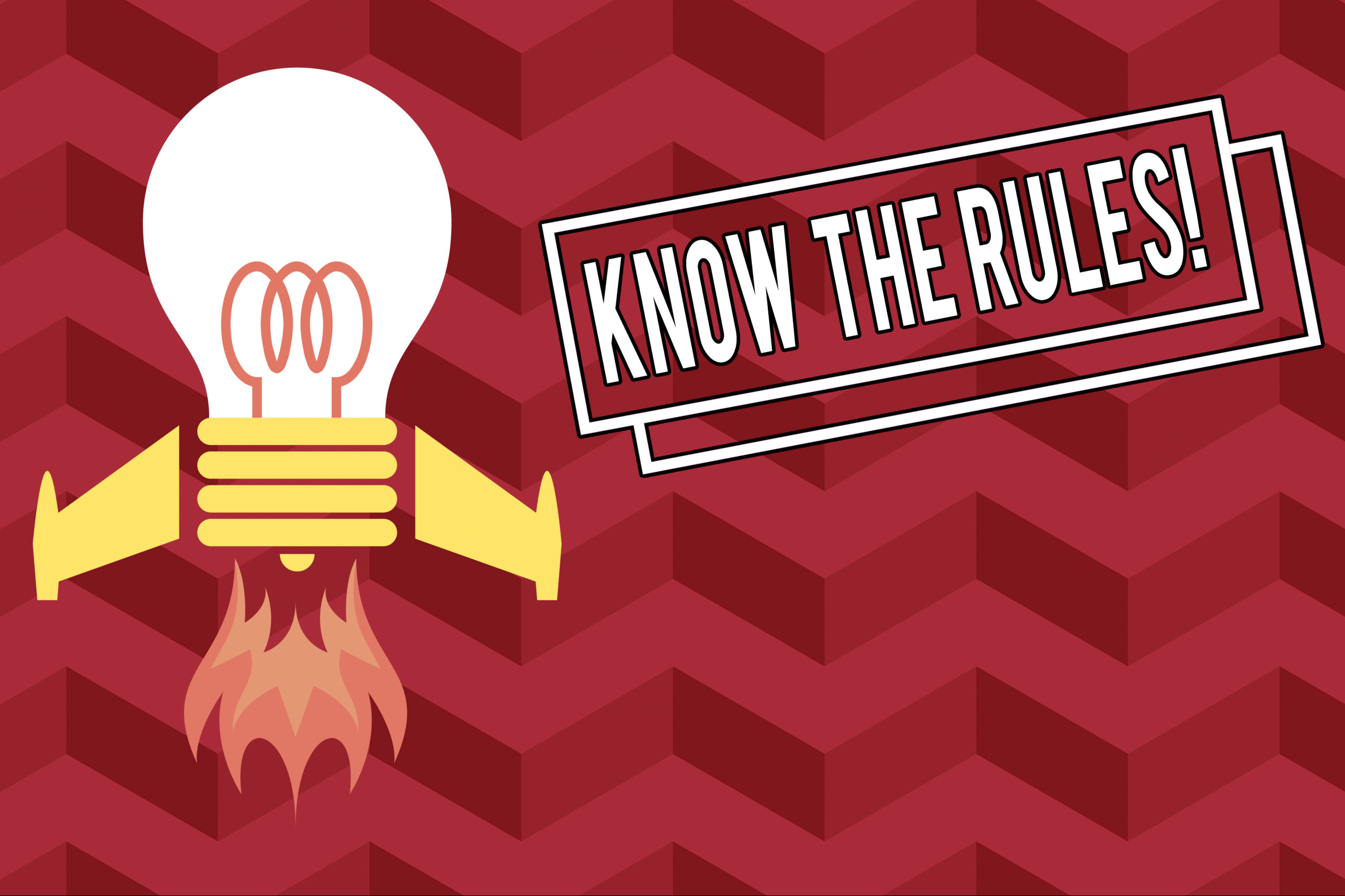
On April 24, 2020, the IRS and Treasury Department published proposed regulations under the law commonly referred to as the Tax Cuts and Jobs Act (TCJA) that provide guidance on how a tax-exempt organization subject to unrelated business income tax (UBIT) determines if it has more than one unrelated trade or business, and, if it does, how it calculates unrelated business taxable income (UBTI). There will be a 60-day comment period ending June 23, 2020.
Under the TCJA, an exempt organization with multiple unrelated business activities may not offset income from one line of activity with losses from another line of activity. For example, if a charity earns income from two unrelated business activities (referred to as “silos”) – (1) sale of advertising in its publications and (2) operation of a parking lot – and has $10,000 in profits from the advertising but $2,000 in losses from the parking, it may not apply the $2,000 in losses against the $10,000 in profits to determine its UBTI (which is something it could do prior to the TCJA). Any losses incurred from one unrelated business activity may be carried forward to future years indefinitely (carrybacks have been eliminated) but can only be used to offset income earned from the same activity. We have previously written on UBIT and some of the changes caused by the TCJA. See Unrelated Business Income Tax Explained; The New Tax Law and Its Impact on Nonprofits – Part 2; IRS Guidance on UBIT Silos – 512(a)(6) – PART I; IRS Guidance on UBIT Silos – 512(a)(6) – PART II.
Notice 2018-67 permitted a reasonable, good-faith interpretation of Internal Revenue Code sections 511 through 514 when determining whether an exempt organization has more than one unrelated trade or business for purposes of the UBIT silo rules. The Notice further provides that a reasonable, good-faith interpretation includes using the North American Industry Classification System (NAICS) codes.
NAICS is an industry classification system for purposes of collecting, analyzing, and publishing statistical data related to the United States business economy. The system relies on business establishments to self-identify their proper 6-digit NAICS code numbers. See NAICS Lookup Help. Requiring exempt organizations to determine unrelated business activity silos by their 6-digit NAICS code numbers would be unduly burdensome to track and enforce. In recognition of this, the proposed regulations provide that an exempt organization generally will identify its separate unrelated trades or businesses using only the first two digits of the NAICS codes. There are only 20 two-digit NAICS codes, each representing an industry sector.
The Nonprofit Times quotes David Thompson, Vice President of Public Policy for the National Council of Nonprofits, stating that the proposed rules are “perhaps the least bad option for implementing a very bad law.” The TCJA siloing (also known as bucketing) rules are seen by many in the nonprofit sector as a punitive and unnecessary additional tax imposed on exempt organizations that they hope will be repealed like the parking tax.
In addition to clarifying the categorization of unrelated business silos, the proposed rule makes clear that for purposes of the 509(a)(1)/170(b)(1)(A)(vi) and 509(a)(2) public support tests, net income from unrelated business activities is calculated without consideration of the siloing rules. This makes sense as the proposed rule notes: “The Treasury Department and the IRS are not aware of any intent of Congress to change the public support test when enacting section 512(a)(6). “